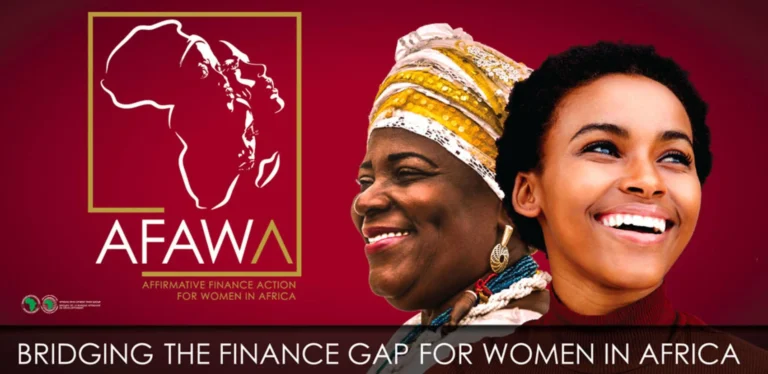On 27 November 2024 in Abidjan, the Board of Directors of the African Development Bank Group approved a loan of €73.72 million to Senegal to implement the second phase of the project to support and promote the entrepreneurial initiatives of women and young people, according to a press release received by APA on Thursday.
This loan is in addition to a grant of 841,000 euros from the African Women’s Finance Initiative (AFAWA), a Bank programme aimed at bridging the financing gap for women entrepreneurs on the continent, which will bring total financing from the Bank Group to €74.54 million, or 45.6 percent of the cost of the project.
The government of Senegal will provide a counterpart of €38.11 million, while the AFD will contribute €25 million.
Commercial banks, microfinance institutions and other partners will contribute a total of €25.8 million to co-finance the structuring of entrepreneurial initiatives for micro, small and medium-sized enterprises (MSMEs) run by young people and women.
“This second phase is specifically targeted at young people aged between 15 and 40 and all economically active women. Its aim is to support the implementation of the strategy to create jobs for young people and women through the promotion and development of entrepreneurship,” said Mohamed Chérif, head of the African Development Bank’s Senegal office, as quoted in a statement.
The project provides access to finance for micro, small and medium-sized enterprises (MSMEs) owned by young people and women, in partnership with partner financial institutions, including commercial banks and microfinance institutions.
The project will focus on technical capacity building through an approach that focuses on the specific needs of entrepreneurs: business training, business start-up training and post-startup monitoring. Support will be provided for the preparation of business plans, management training and assistance in labelling and improving the quality of products, including green products.
In addition, the project will support the integration of new technologies into MSMEs’ production and operating processes, product standardisation and certification, information support and assistance in accessing the export market, including participation in international trade fairs and facilitating access to national public contracts.
TE/sf/lb/as/APA


